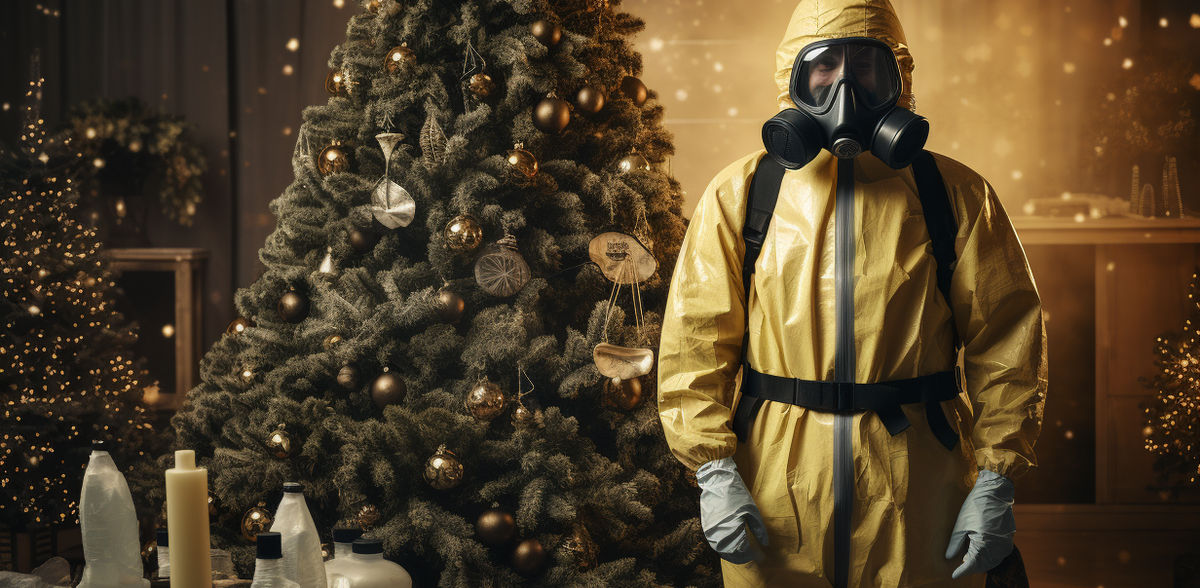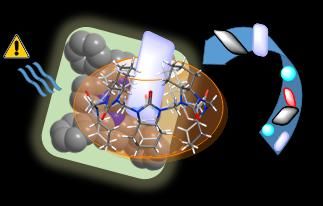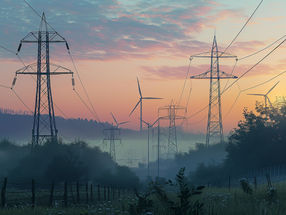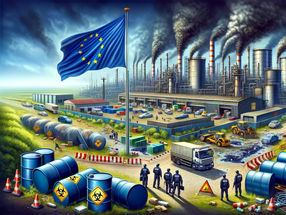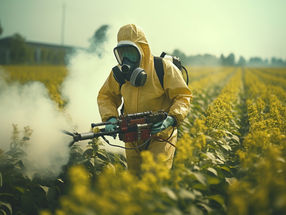BUND Christmas tree test 2023: Over two thirds of trees contaminated with pesticides
Environmental association calls for pesticide reduction and glyphosate restriction
Advertisement
The Christmas tree is indispensable for many people. It is often in the living room before December 24th. But how has the tree grown in recent years? The German Federation for the Environment and Nature Conservation (BUND) has had Christmas trees tested for pesticide residues by an independent laboratory. The laboratory found residues in 14 of the 19 trees tested. A total of 15 different active substances were detected. The trees were purchased in Berlin, Bavaria, Bremen, Baden-Württemberg, North Rhine-Westphalia, Rhineland-Palatinate, Lower Saxony and Saxony.
Corinna Hölzel, BUND pesticide expert: "Many people want to bring a piece of uncontaminated nature into their homes with a tree for Christmas. But our test shows: herbicides, insecticides and fungicides are used on a large scale in the cultivation of Christmas trees on plantations and quite obviously also active substances without authorization. Three years after our last test, there has unfortunately been no change towards more biodiversity and environmental protection."
Four Nordmann firs contained pesticides that are generally not approved in the EU or are not approved for Christmas tree cultivation. Such trees should not be sold. The authorities must now investigate this illegal practice and BUND will inform the responsible plant protection services in Bavaria, Berlin, Lower Saxony and Rhineland-Palatinate and demand clarification.
Pesticides on plantations a major problem for biodiversity
Hölzel: "Christmas trees often end up on people's doorsteps and in the bin after just a few days. However, the toxins used to grow them remain in the environment for much longer and are a major problem for biodiversity. They end up in the soil, air and water. They kill and harm beneficial organisms. Six of the active substances found are highly toxic to bees, birds, earthworms, fish and aquatic organisms. The total herbicide glyphosate, which has just been re-approved in the EU, has far-reaching negative effects on ecosystems because it destroys food plants for insects on a large scale. Glyphosate was detected in five Christmas trees in the BUND test."
BUND recommends that consumers buy organic Christmas trees. No synthetic chemical pesticides are used on these plantations. The non-chemical alternatives are known and are used there: Organic fertilizer and wider tree spacing can reduce the use of fungicides. Landscape elements such as flower strips, hedges or rock piles attract beneficial insects that keep pests under control. And instead of using glyphosate or other dangerous herbicides, mowing can be used. Grazing with sheep is also possible. Trees from organic forestry, which can be recognized by the FSC seal, are also recommended.
Many people wonder whether it has to be a real tree at all. More ecological alternatives are, for example, branches from conifers, wooden frames or other creative objects made from natural materials that can be decorated. BUND also recommends natural materials such as wood, straw, paper, painted salt dough, felt or wool for Christmas tree decorations. The plastic Christmas tree is not an alternative. It is made from fossil raw materials and often contains harmful chemicals such as plasticizers and usually has long transport routes behind it.
Hölzel: "Our Christmas tree test shows it once again. Without legal requirements and controls, a change in the use of pesticides cannot be achieved. BUND is calling on the German government to quickly present a national reduction program for pesticides. Strict national restrictions on the use of glyphosate, which has just been re-approved by the EU, must be imposed within the next six months. Farmers must be supported in the use of non-chemical alternatives."
Note: This article has been translated using a computer system without human intervention. LUMITOS offers these automatic translations to present a wider range of current news. Since this article has been translated with automatic translation, it is possible that it contains errors in vocabulary, syntax or grammar. The original article in German can be found here.
